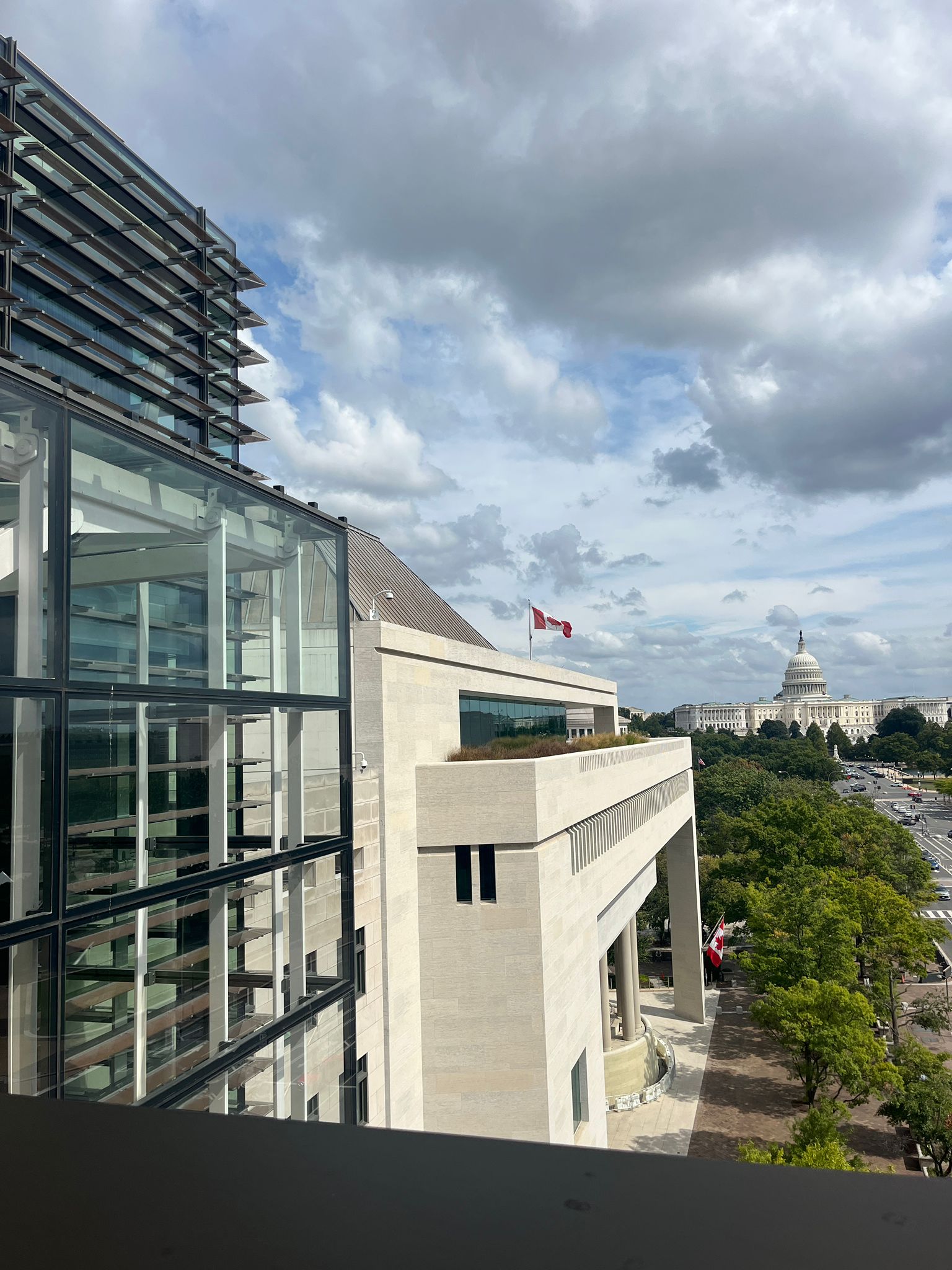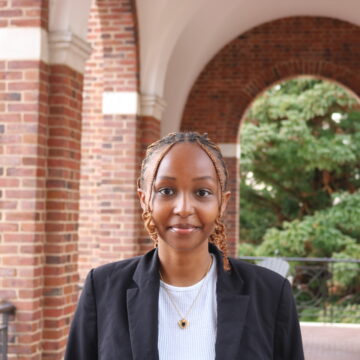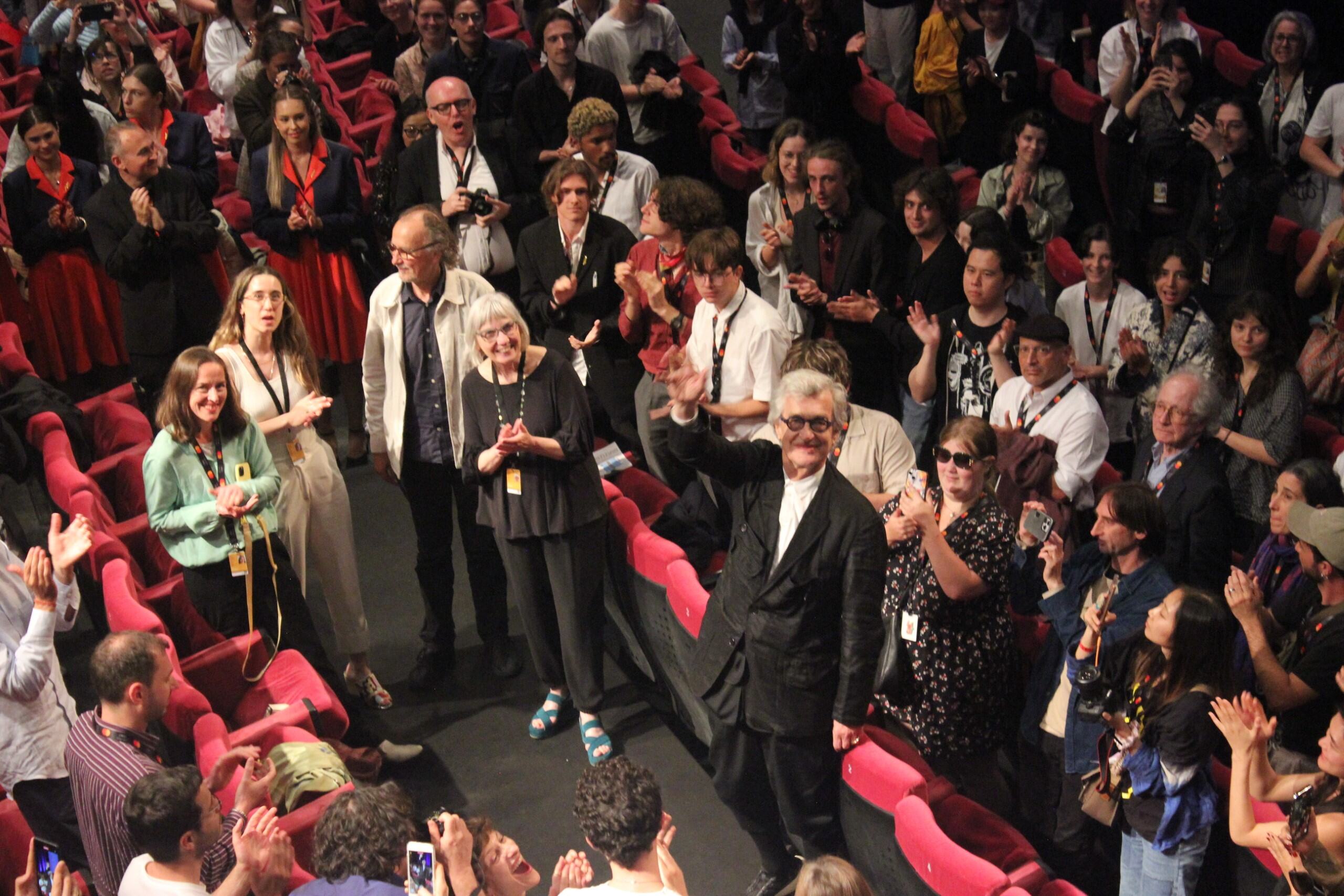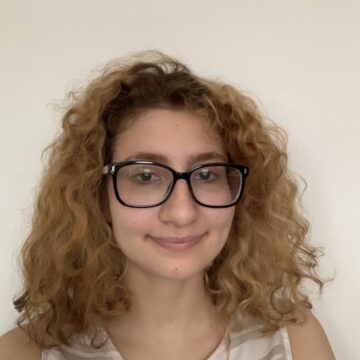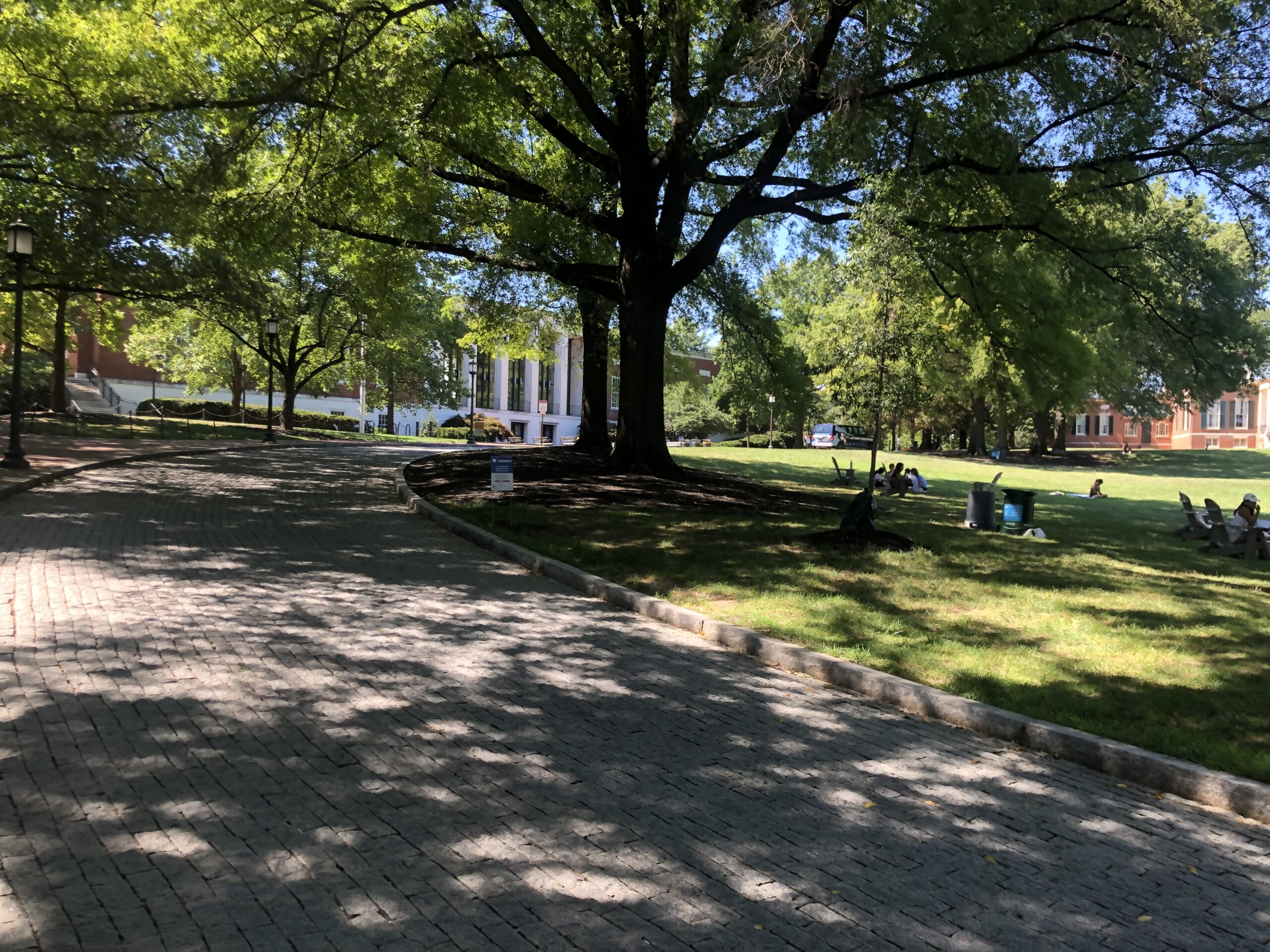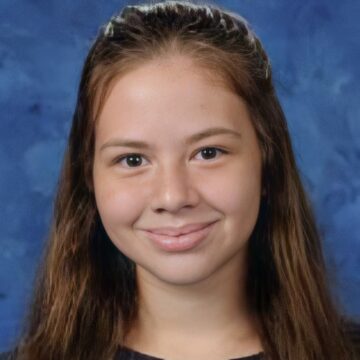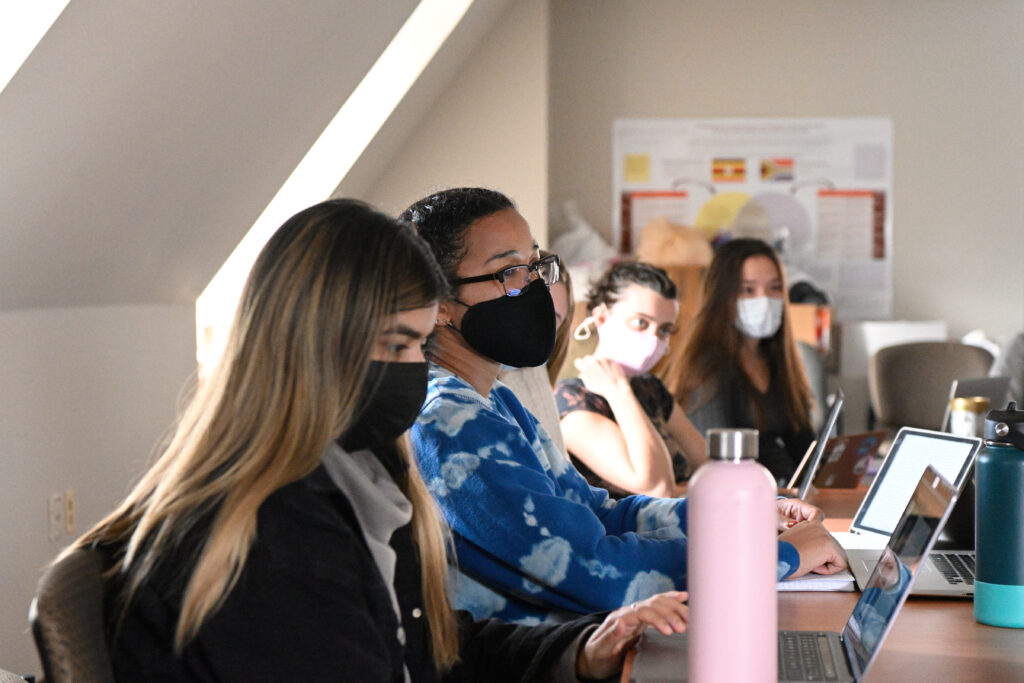
As graduation grows closer, I realize more and more how much I am in love with my major. Public Health here at Hopkins is phenomenal. From my classmates to the professors and advisors, everyone within the department is dedicated to the field and to one another. An aspect of the major that will stick with me beyond my time at Hopkins is the Gordis Teaching Fellowship (GTF) courses. GTFs are taught by PhD students at the Bloomberg School of Public Health and have been some of my favorite classes. The graduate students who teach them provide fresh perspectives and are passionate about what they are doing in the classroom and outside of it. They utilize their expertise in an area they love to design a course, which makes these classes the most fun!
I thoroughly enjoyed and learned immensely from Contemporary Social Movements in Public Health, a class about social movements like Black Lives Matter and #MeToo, and their intersections with public health. This discussion-based class brought together various elements of public health, sociology, ethics, and psychology, and challenged us to examine social movements with a critical eye. The class was taught by Laura, possibly the best grad student around! I met up with Laura to ask her what teaching this course was like for her.
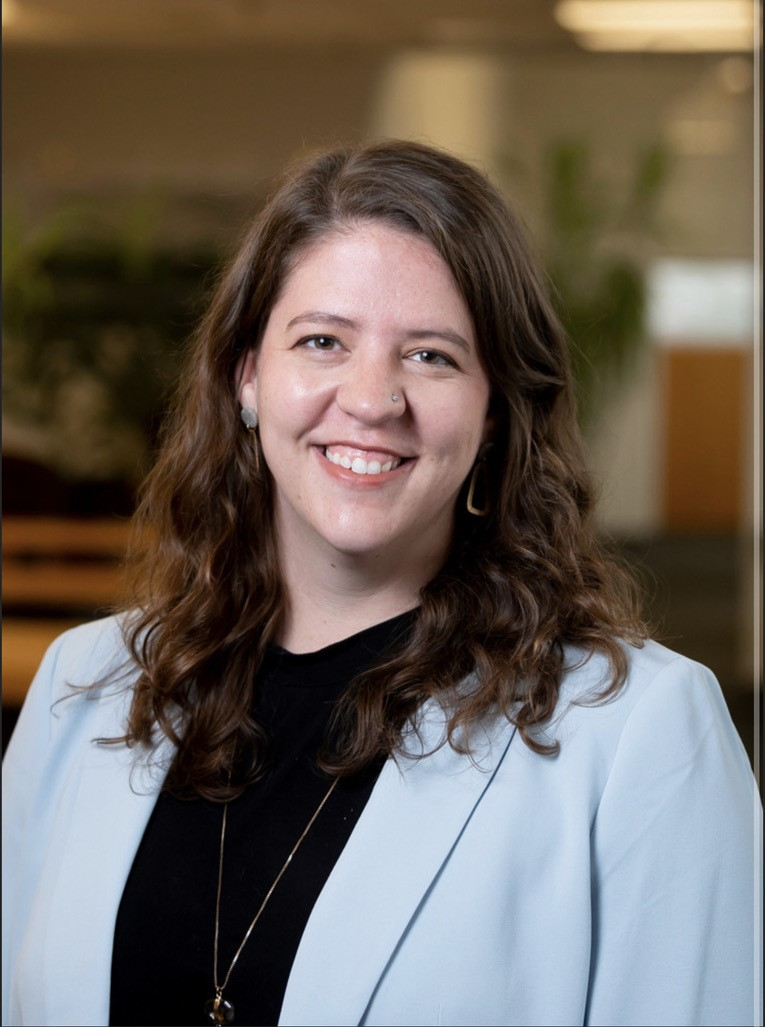
Can you introduce yourself? “My name is Laura Kroart and I am a doctoral candidate and substance use researcher in the Department of Health, Behavior & Society at the Bloomberg School of Public Health. I first studied public health as an undergrad at Tufts University and on a School for International Training (SIT) abroad program in India.
What first excited me about the field was the opportunity to critically examine disparities in health with respect to race, gender, and class, and how these dynamics shape so many facets of our lives. These days, I do this through a substance use lens: I think about how morbidity and mortality related to tobacco, alcohol, opioids, and other drugs could be addressed through a better understanding of structural factors on health. I am also interested in research areas where substance use intersects with LGBTQ health and with internet culture.
I graduated from the Master of Health Science (MHS) program in the Department of Health, Behavior & Society at Bloomberg in 2017 and I’m hoping to finish up my PhD in the next few months! For my dissertation, I am writing three qualitative manuscripts about women who use opioids on the Eastern Shore of Maryland. It feels really motivating to work on something relevant to Maryland and to the Eastern Shore, a place I love so much. When I’m not working on research, I enjoy spending time with friends and family, going to concerts, and doing anything art related.”
Laura’s passion made the class. Every session, her eyes would light up as we discussed a new topic, engaged with her questions, and sought answers from her in return. This class was a passion of hers—she wanted to share it, and it was a beautiful thing.
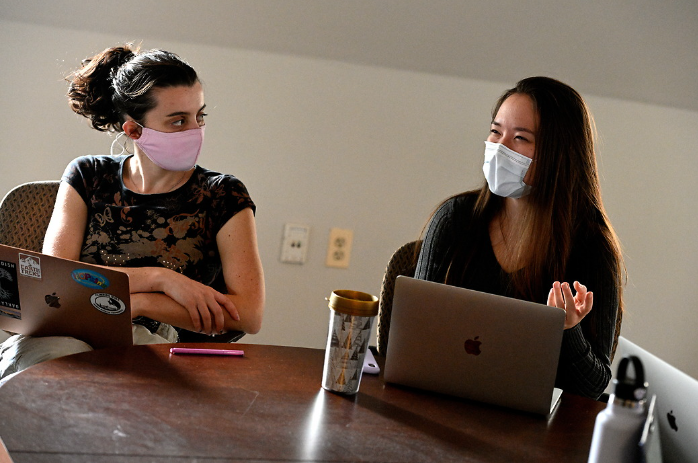
Laura reported getting energy through our class discussions and from helping us with the writing process. She also mentioned, “it’s not easy—I often felt like I was building the plane as I was flying it, but through that challenge, I learned so much. I got to teach my GTF course three times, so the syllabus and my approach grew and shifted over the semesters.” The course grew along with her. She took in experiences from her own life and discussions about movements, and they became inspiration for the class.
“I found myself discussing social movements a lot with classmates and colleagues, particularly the MeToo and Black Lives Matter movements. The inspiration for the class was to create a space to talk about the relevance and impact of social movements in the internet age. What gives rise to and sustains social movements? What separates a ‘moment’ from a movement? Can ‘hashtag activism’ translate to policy change? I started the class from this standpoint, and the students helped build questions from there!”
This class truly reinforced my passion for public health. Our class discussions, which encouraged openness, and provided an opportunity to dissent, communicate, talk, and peel back the layers of an issue, were an exercise in my love for the field.
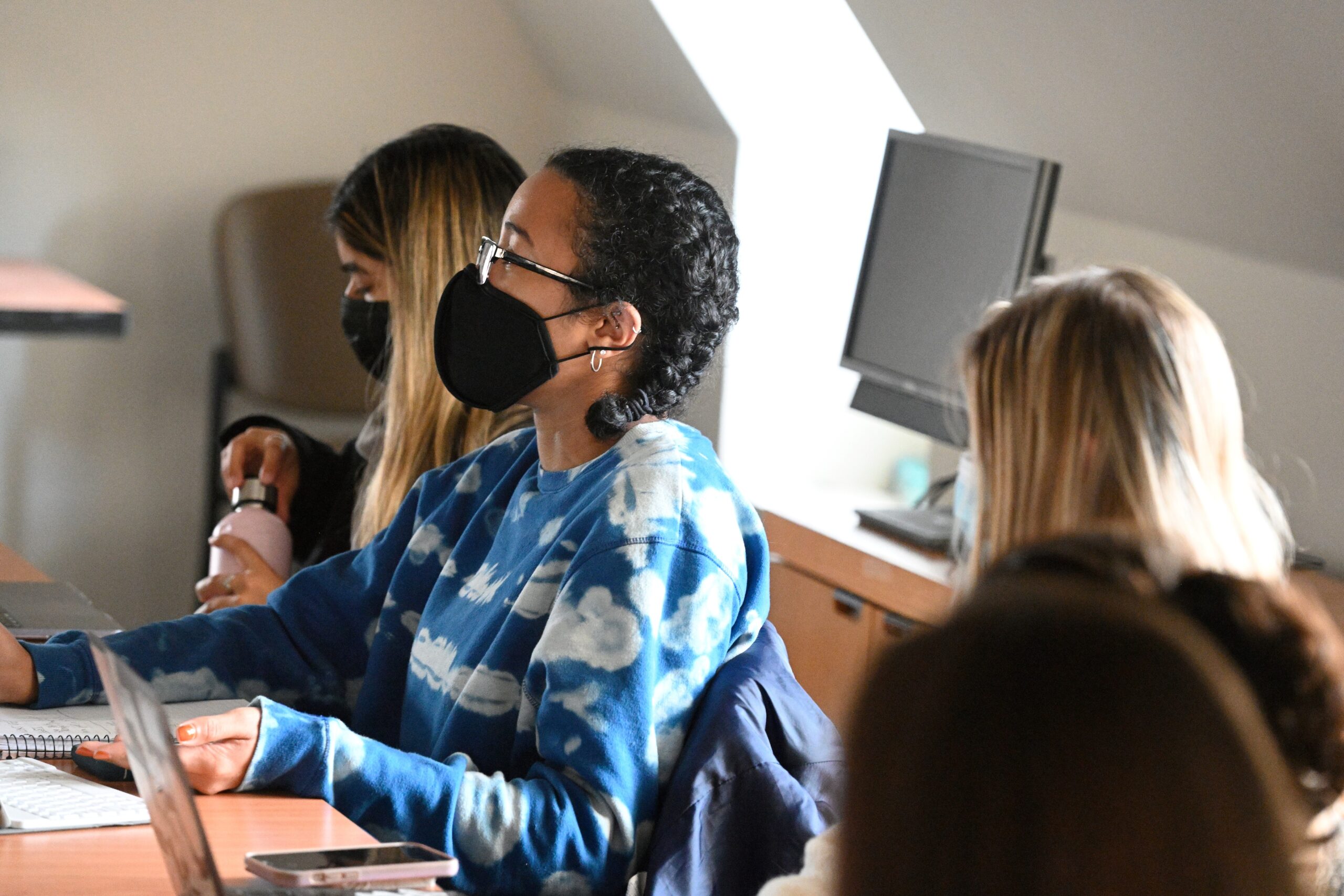
Somehow, the old attic with a broken window in the public health building became a comfortable, welcoming environment where a small group of people could challenge one another. That attic became a place I eagerly anticipated going to every week.
A standout moment from that half-in-person, half-virtual semester was our trip to the Baltimore Museum of Art (BMA) to visit their special exhibit, “Women Behaving Badly: 400 Years of Power and Protest.” The exhibit was a visual depiction of a social movement—we saw how women had been portrayed throughout history vs now. Afterward, we sat on the iconic museum steps and debriefed our experiences. The entire trip was a blast—in addition to learning about women and changing societal roles, it also served as a bonding experience for the class, something to reference and laugh about in later meetings, and overall created a resounding sense of camaraderie. Reflecting on this class experience will always bring a smile to my face.
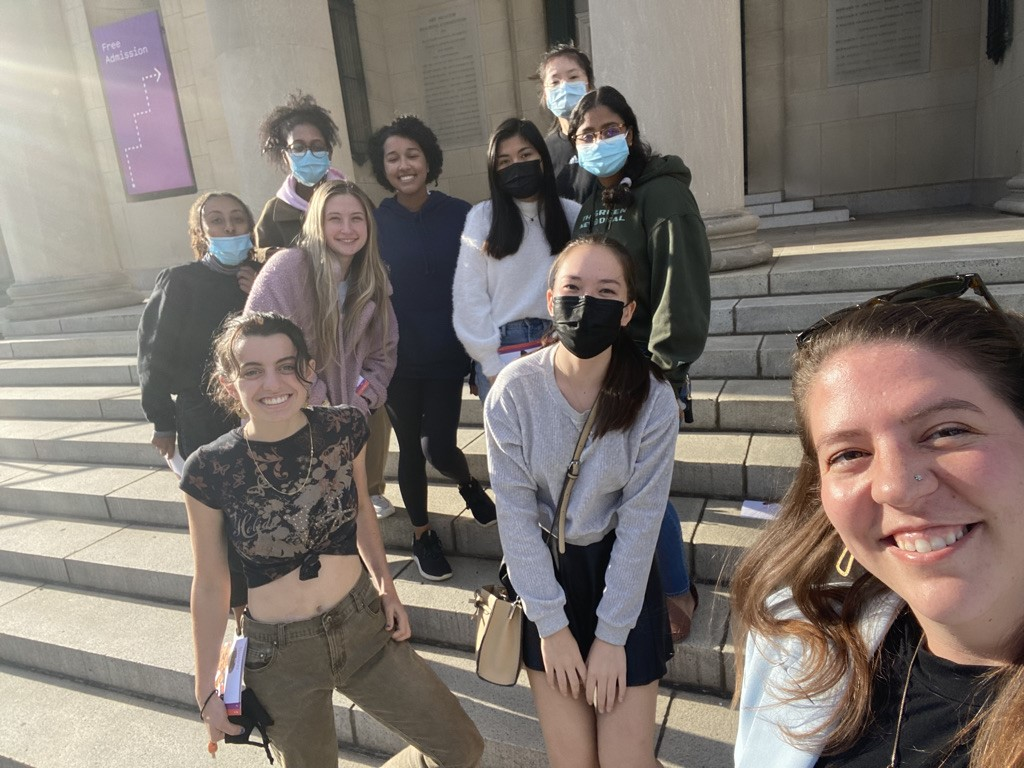
How were you able to foster a welcoming environment within your class? “One student evaluation of my teaching that stands out to me said: ‘Be prepared to talk in this class – she wants to know what you think!’ In 2020, I took a phenomenal class at BPSH taught by Drs. Tyler Derreth and Krystal Lee on teaching and pedagogy at the university level. We learned and discussed theories of learning and growth in the classroom. One of the biggest takeaways I gained was to adopt the mindset of the classroom as collaborative: the teacher is not the knower-of-all-things, and the student is not a blank canvas. We all bring something valuable to the table, and we’re learning new things together as a community. The more students feel able to express their ideas, try new things, and get uncomfortable, the more we will all benefit from the shared experience. I like to think I created a welcoming environment by empowering students to think their ideas are important and worth sharing—and publishing! I want to know what they think.”
More than anything, the course brought us to Laura; a resource for figuring out what we wanted from life. As someone nearing the end of her grad school journey, she became an essential point of contact as I was beginning my own. She left a large chunk of class just for us to ask questions about grad school, as many of us were toying with the idea (great timing, Laura!). Laura made herself available to talk to us about career goals, future plans, grad school, personal life—anything. Through the class, she moved beyond the bounds of a professor. Before our eyes, we saw her shapeshift into a mentor, a confidant, someone to look up to, and someone to provide guidance. She became a crucial pillar in my journey that year.
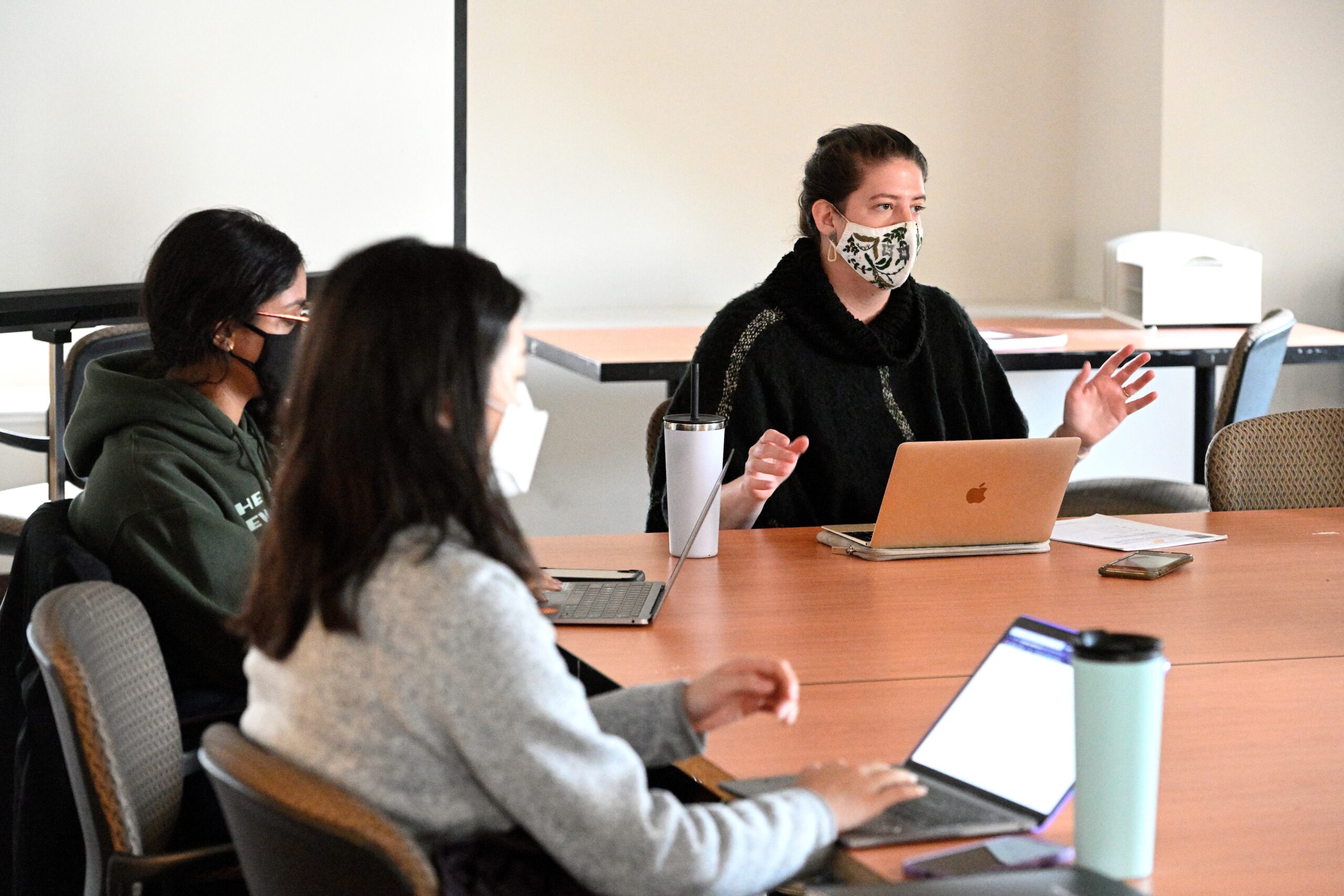
So, I hope you can see how this class was not just a class for me; it went beyond. Every week it became something to look forward to. It became a place to organically share ideas, debate, and engage, all the while thinking of ways that this impacts our everyday lives and their structure. It became camaraderie, learning, laughing, and everything I had hoped to find in my college classes.
I know my experiences with the Gordis Teaching Fellowship courses are not unique. Every day, students go to classes taught by outstanding grad students and engage in specialized topics and passion projects. Through these interactions, relationships are formed and connections are made, both between people and in understanding how the world results from and shapes our experiences. As I conclude my time here at Hopkins, I can confidently say that my experience in Laura’s class and my other GTF courses has changed the way I think, expanded the way I perceive the world, and opened me up to new possibilities. If you are considering taking a Gordis Teaching Fellowship for Public Health, a Dean’s Teaching Fellowship, or any other grad student-taught class, all I have to say is: do it! It just might be your favorite class at Hopkins.
